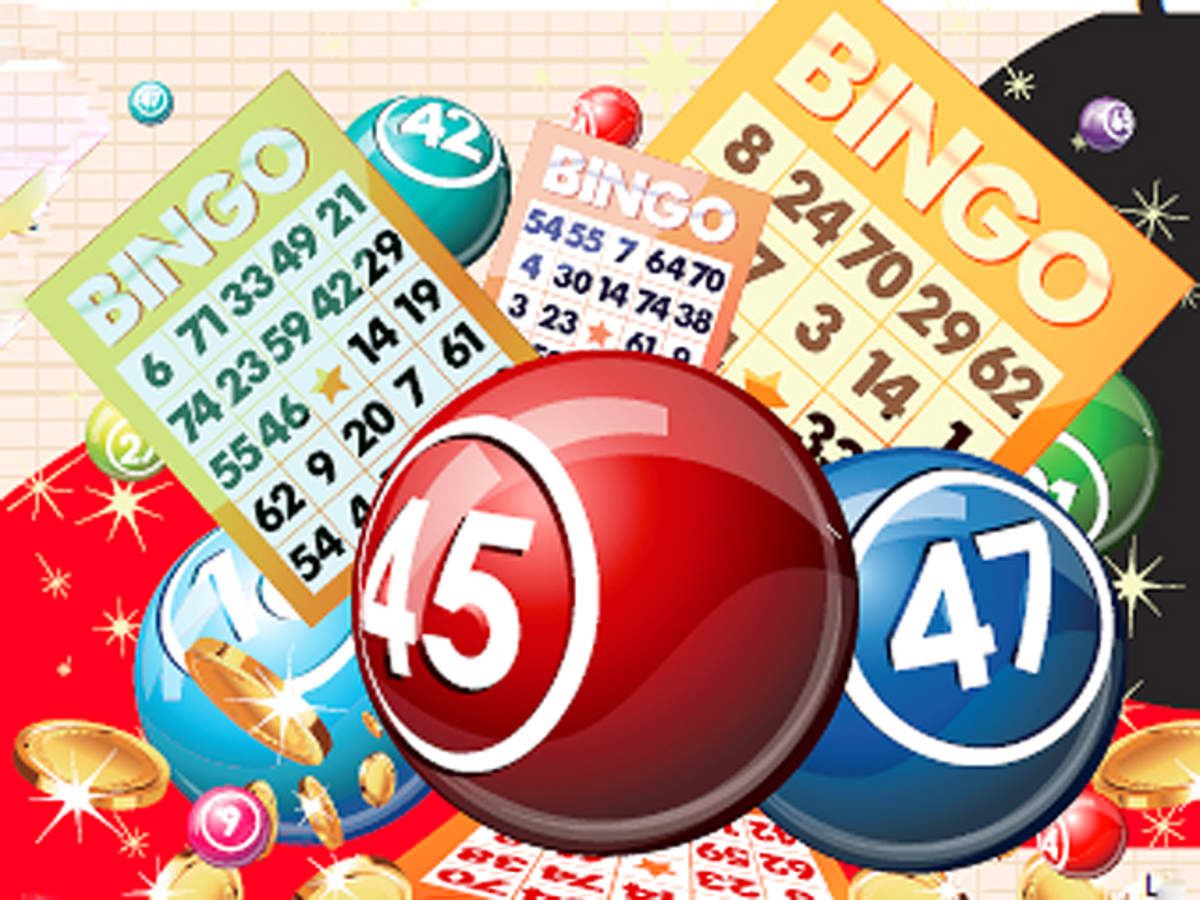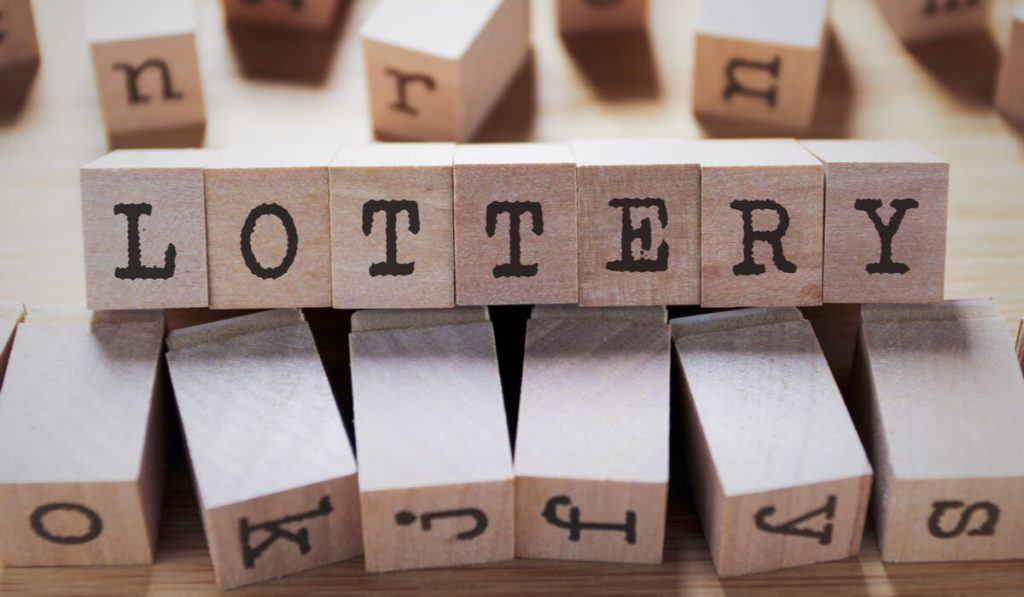Lottery and gambling are two forms of entertainment that involve the chance of winning money or prizes, but they differ significantly in their nature and associated risks. The lottery is a game of chance where participants purchase tickets with specific numbers, and winners are drawn randomly to claim prizes. In contrast, gambling encompasses a wide range of activities such as casinos, sports betting, poker, and slot machines, where individuals place bets on uncertain outcomes. While both offer the allure of instant wealth, understanding their differences and the inherent risks is crucial for responsible participation.
Lottery results are entirely dependent on chance, with no strategy or skill influencing the outcome. It is a simple, straightforward game, making it accessible to a wide range of people. On the other hand, gambling activities often require varying degrees of skill and knowledge. For instance, poker involves strategy and understanding of the game, while sports betting require analysis and information about the teams or players. This skill element can make gambling more appealing to some individuals as it gives them a sense of control over the outcome, even though luck still plays a significant role. Another significant difference is the range of options available in gambling compared to the lottery. In gambling, individuals can choose from various games and betting opportunities, allowing for greater flexibility and personal preferences. This variety can increase the excitement and engagement for some people, but it also means a higher likelihood of potential losses.
In terms of risks, both lottery and gambling carry inherent dangers. The lottery may seem relatively harmless, but it can lead to financial problems if not managed responsibly. The allure of winning huge jackpots may tempt individuals to spend more than they can afford on tickets, leading to financial strain and possible addiction. Gambling, with its varied and fast-paced nature, can be more addictive than the lottery. The rush of placing bets and the potential for significant wins can be enticing, leading some individuals to chase losses and develop compulsive behaviors. This addiction can have severe consequences, affecting personal relationships, mental health, and financial stability. In addition to personal risks, both lottery and gambling contribute to broader societal concerns. Excessive participation can lead to decreased productivity, higher crime rates, and strained social services. Therefore, it is essential for individuals to approach these activities with caution and moderation, treating them as entertainment rather than a reliable means of income.
To mitigate the risks associated with lottery and situs toto macau gambling, responsible gambling practices and regulations are crucial. Many countries have established measures to promote responsible gaming, including age restrictions, self-exclusion programs, and advertising guidelines. It is essential for individuals to set limits on their spending, recognize signs of potential addiction, and seek help if needed. Both activities can lead to addictive behaviors and financial hardships if not approached responsibly. Understanding these differences and being aware of the potential risks are essential for individuals to make informed choices and enjoy these forms of entertainment responsibly.



